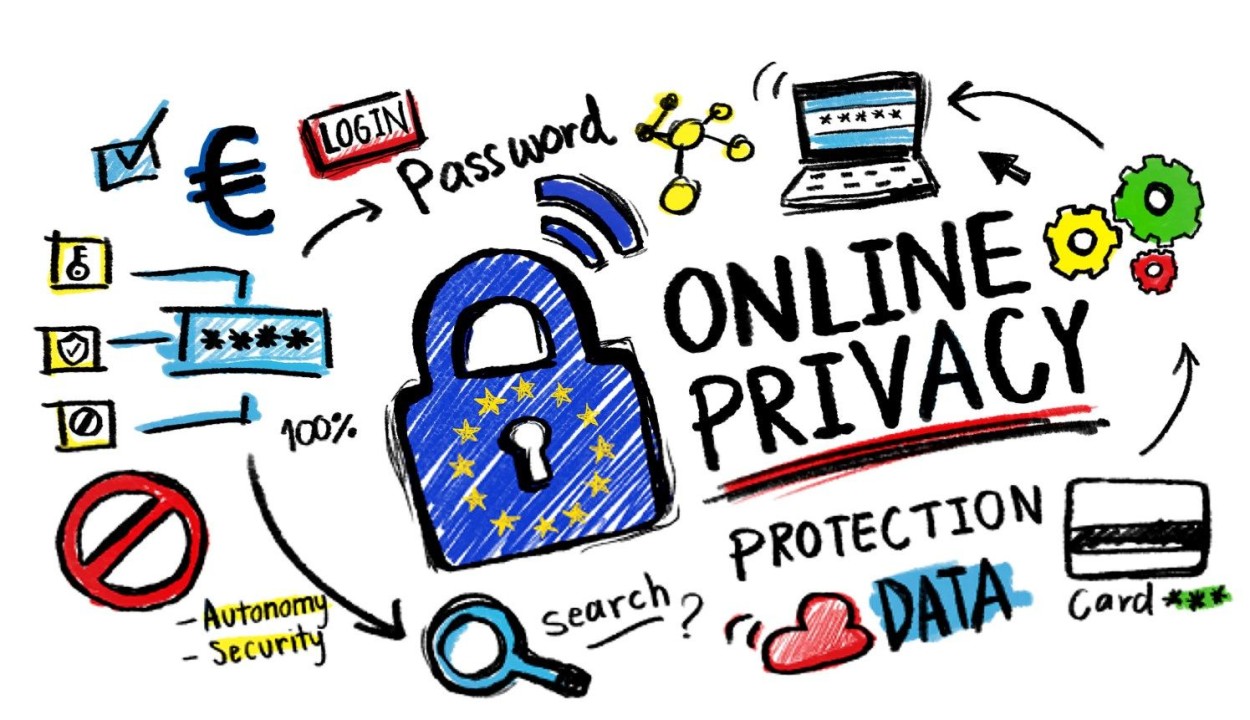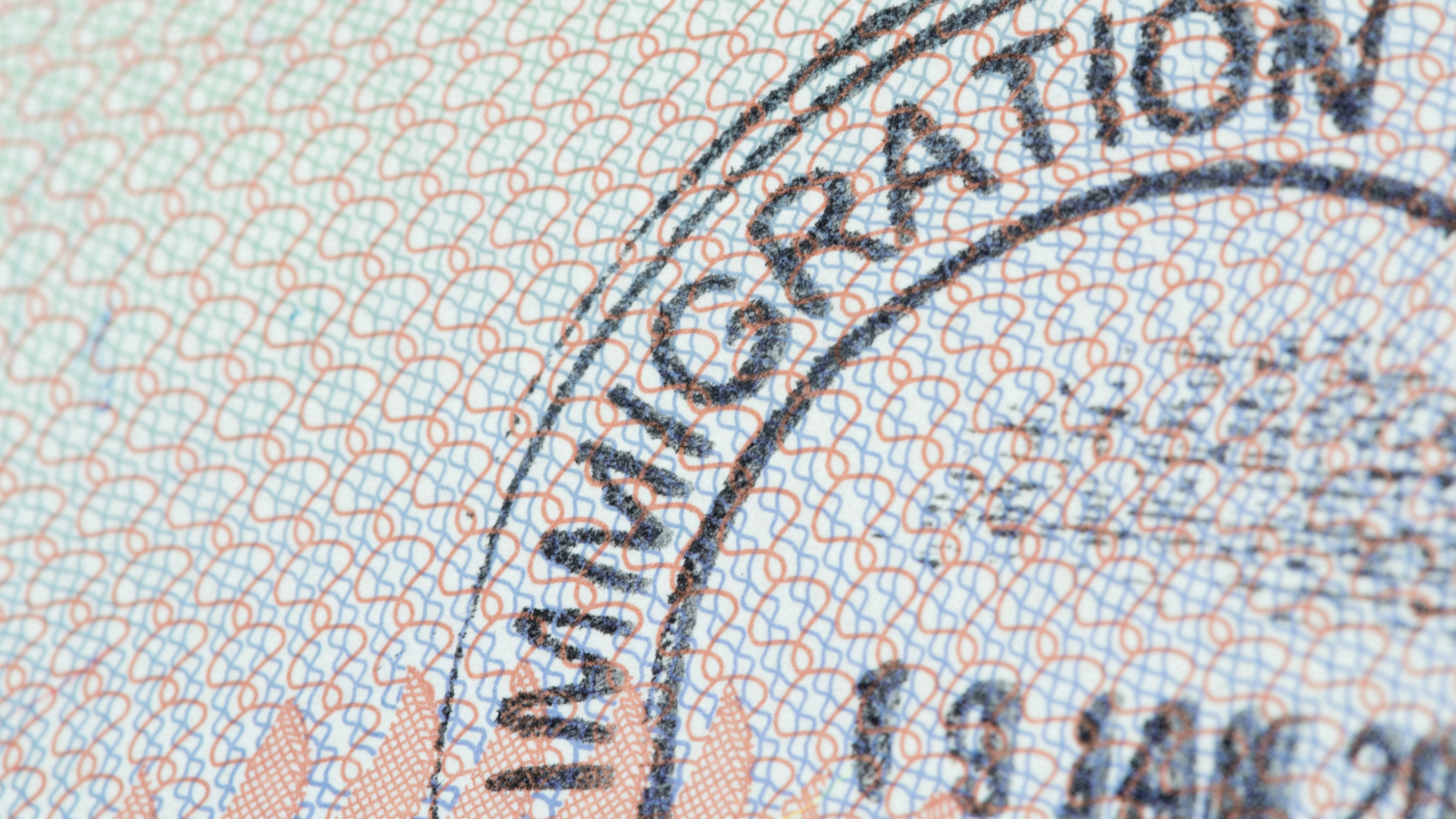The digital age has ushered in an era of unparalleled convenience and connectivity. Yet, this interconnectedness comes at a cost—the constant tension between security and privacy. As cyber threats escalate and the need for online safety grows, so does the demand for robust security measures. However, these measures often necessitate the sharing of personal data, raising a critical question: Can we achieve robust security without sacrificing individual privacy?
The ethical considerations surrounding this dilemma are manifold. When we surrender personal information, be it browsing history, location data, or even facial recognition details, we relinquish a piece of our privacy. In the wrong hands, this data can be used for malicious purposes – identity theft, targeted advertising, or even social manipulation. Data breaches exacerbate the potential for misuse, a persistent threat in the digital landscape.
Furthermore, the erosion of privacy can have a chilling effect on free speech and dissent. Individuals may be less likely to express unpopular views or engage in activism for fear of government surveillance or social ostracization. This stifles open dialogue, a cornerstone of a healthy democracy.
However, the risks of inadequate security cannot be ignored. Cybercrime flourishes in the shadows of the internet, inflicting financial losses,
disrupting critical infrastructure, and compromising national security. Law enforcement agencies argue that access to personal data is crucial for investigating and preventing such crimes.
Striking a balance between these competing interests requires a multi-pronged approach. Firstly, robust data protection regulations are essential. Governments must implement clear frameworks outlining what data can be collected, who can access it, and for what purposes.
Additionally, individuals should have the right to access, rectify, and delete their data, empowering them to control their digital footprint.
Secondly, technological innovation can play a vital role. Encryption technologies can safeguard data in transit and at rest, minimizing the potential for exploitation. Additionally, anonymization techniques can enable investigations without compromising individual identities.
Thirdly, fostering digital literacy is crucial. Equipping individuals with the knowledge and skills to navigate the online world safely and responsibly is paramount. This includes understanding privacy settings, practicing vital password hygiene, and being wary of phishing attempts.
Finally, fostering trust and transparency is essential. Tech companies, governments, and law enforcement agencies must be transparent about how data is collected, used, and stored. Collaboration between stakeholders will be vital in developing solutions prioritizing security and privacy.
The digital tightrope we walk in is precarious. Yet, by prioritizing robust data protection regulations, embracing technological innovation, and empowering individuals, we can achieve a future where security and privacy coexist in harmony. The path forward requires a collective effort, one where we secure the digital world without sacrificing the fundamental right to privacy.






